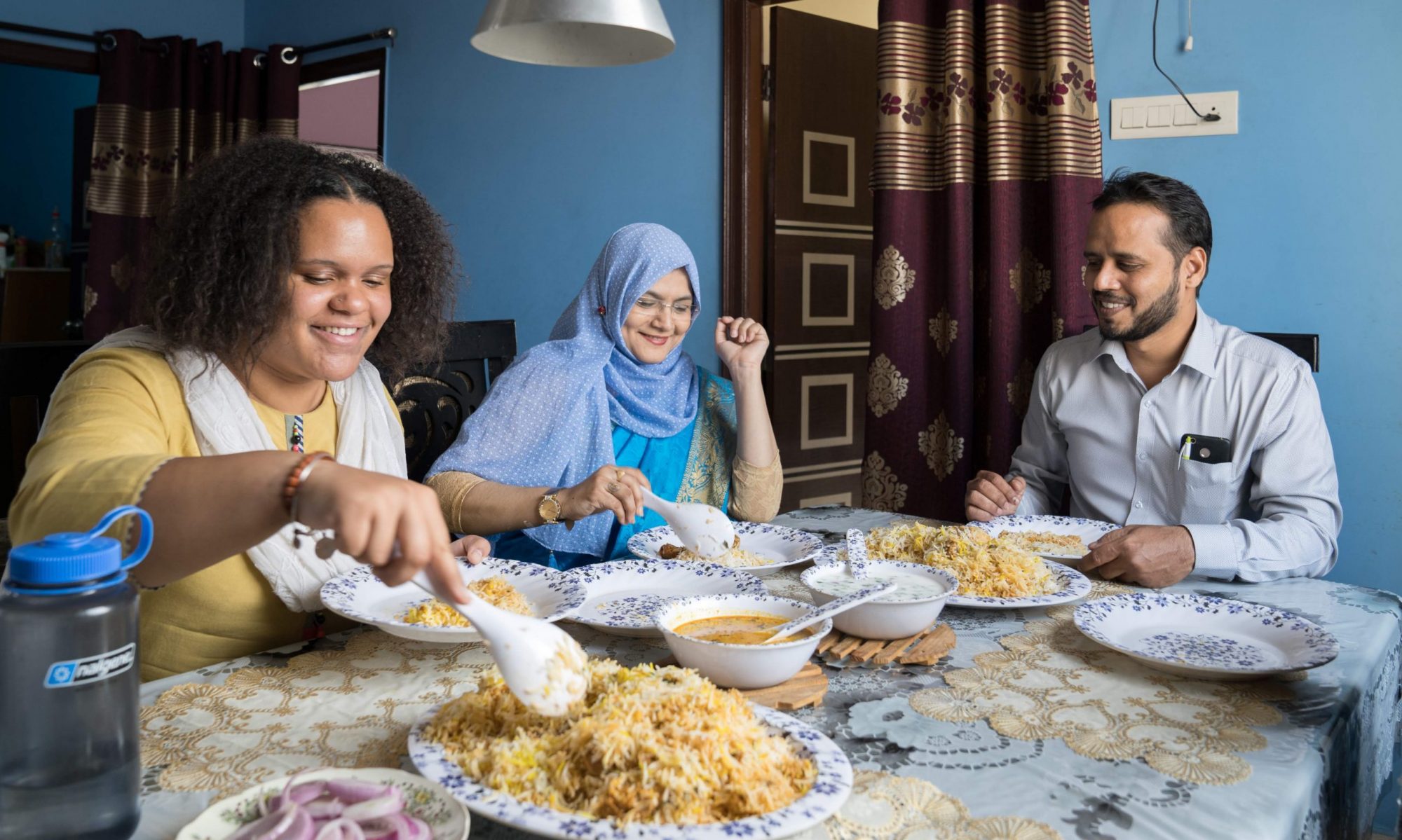
by Rujen, Tufts 1+4 Participant
A year ago, I was a social media addict. I loved using Facebook, Instagram and, Snapchat. I enjoyed sharing updates through my photo and video posts. I was often busy with my cell phone messaging friends and being updated about the lives of hundreds of followers. However, as I took a bridge year after high school, my perception about social media changed in the midst of that year. Slowly, I started realizing how much time and opportunity I had been missing while I was trapped in the world of social media. (The credit goes to some of the inspiring articles and videos on the internet whose links can be found at the bottom of this article.)
It is difficult to quit social media once you have become an addict, especially when most of your friends use it and when you feel the welcoming encouragement. It is often challenging to avoid the appeal. Similarly, it is tough to argue against those who support social media as social media does possess some useful benefits. Nevertheless, I quit social media and this article discusses some of the influential reasons why I quit.
Social media has obviously changed the way people live. It has almost become a daily dose of food, especially for the younger generation. On one hand, it has become a strong medium of communication to connect to the lives of friends and family all around the world while on the other hand, it has risen to become an addiction for some and has been dragging them towards unsociability.
During this year, I started noticing members of the same family busy with their phones during dinner. I noticed people messaging rather than knocking on the door. I saw couples on a date busy with their mobile phones. These are simple instances of how social media has been making us unsocial and I was astonished because I did the same sometimes. Other complications of social media that I noticed was the lack of communication with people. Many of us assume that parents, relatives, and friends use social media to see what activities we have been doing. Thus, rather than conversing with them directly, we tend to focus on our Instagram and Snapchat stories. This has significantly decreased the amount of communication we have with our close members. As a result, we lose the opportunities to express ourselves. Moreover, my involvement in the community had significantly decreased due to my over-indulgence in social media.
I was surprised by one of the articles that presented the drawback of this problem. It stated that the excessive use of abbreviations like lol and omg has forced the young generation to use these shortcuts in their conversations, consequently leading them to lose creativity in the vocabulary that they know. Likewise, a recent study done by journals.org claims that social media is making us lonely and depressed. Even if someone is not enjoying an event, he would post a happy picture on social media. Regardless of the reality, we try to fake our emotions on social media.
With many solid explanations against social media and my inability to meaningfully progress in my host-community, I was convinced of the idea of quitting social media. Yes, social media is useful but we have to understand the consequences of the addictive use of it. We should have a limit and control the use of it. We cannot spend all of our time using it. Rather than scrolling through the news feed, we should ask people what is going on in their lives and start focusing on real-life conversations. Social media users might have thousands of followers and likes on social media, but they might be lagging behind in real life. Sometimes, giving up on something that you like is one of the best decisions. Thus, let’s start being social in a real way; let’s end unnecessary scrolling.
TEDx:
Articles:
Photo credit:
Gizmodo







